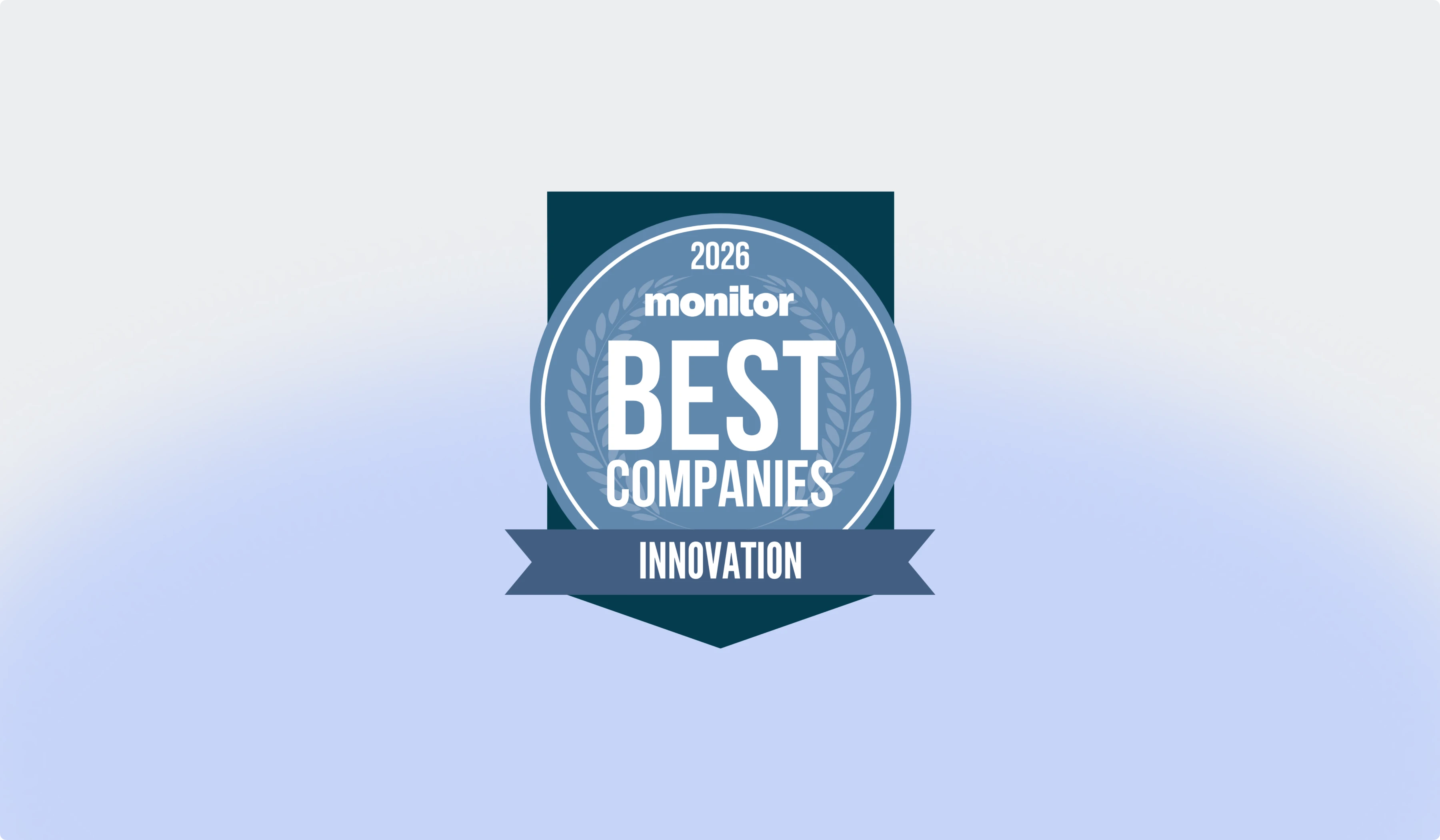Celebrating women in entrepreneurship and financing

Stay up-to-date with the latest from Capchase
At Capchase, we were delighted to host an event in honor of Women’s History Month and talk to four incredible women about the challenges of being a female leader, the fundraising landscape for female founders and investors, and the ways they are working to #BreakTheBias. Our Partnerships Lead Maria Pereda talked with Moriya Blumenfeld, Founder & CEO of Looop, Anada Lakra, Co-founder & CEO of BoldVoice, Camila Key Saruhashi, Principal at QED Investors, and Liza Rodewald, Co-founder & CEO of Instant Teams.
The challenges female founders face to obtain funding
Globally, only 2% of funding went to female-founded teams last year due to many reasons, including the inherently biased system of funding. We asked the speakers to talk about the challenges they had faced or seen during the fundraising process.
Liza pointed out that building a network and having warm intros made all the difference in her fundraising journey. “My goal when I started was to build my network first before I tried to raise money. And by the time I raised my Series A I had 68 warm intros from my network.”
Anada worked with Y Combinator, and that resulted in a lot of urgency and FOMO within the environment. “If you're not operating as part of an accelerator, I’d encourage you to figure out a way to create that urgency some other way, and give investors a real reason to commit and not drag their feet.”
Self-confidence was a key point that all the speakers raised. “The smartest investors don’t invest in the idea because they know everything can change so many times. They invest in people and so you need to showcase yourself and why you’re the person who is resilient and can withstand all the pivots and change and use your passion to bring a successful business to fruition,” explained Moriya.
Anada also pointed out that women are often more critical of their ideas and create a high bar for themselves. Convincing herself that her idea was important and worth working on was key to her success.
How a lack of female funders can impact the numbers
VCs are often the gatekeepers of which business ideas are given space (and funding) to come to fruition, and as women make up only about 11% of investing partners in VC firms in the US, this can have an impact on the diversity of the portfolios they invest in.
Camila pointed out that even when investors actively work to diversify their investments, there is always more to be done. “There are so many historical reasons. Think about when women started getting into the workforce and what examples we had at home of mothers and grandmothers working and running businesses. We need to see new examples of different types of founders from all backgrounds.”
QED partners with Women in FinTech and also looks to universities as a great pool of talent where they can identify women who will likely become great at something in the future. And coming from Latin America, Camila says she will always welcome pitches from women with that background.
Biases female founders face
All the speakers acknowledged that bias was something they’d experienced at some point in their career and that it was something they’d had to learn to take in stride.
Liza pointed out that having worked in a male-dominated field (e.g.: software engineering) for years meant she had learned early how to adapt to that. “I just adopted the attitude that I belong in the room as much as anyone else. And I got used to being loud, showing up, and voicing my opinion because I knew that I had as much to say as any of the men in the room.”
As an investor, Camila often sees the difference between how male and female founders negotiate. “I have seen female founders get a term sheet and take some advice on whether to negotiate, especially if they got what they wanted, and be told to ‘be grateful’ for what they obtained. But most white men will always ask for more, and never question the decision to do that. Societal expectation leads us to think we should be grateful for what we do get and not make waves, so women need to make that extra effort.”
Moriya added that the capitalist system is designed to reward masculinity and part of breaking the bias is re-educating the system to accept femininity too. “Some of the most amazing parts of my career have been conversations where I have felt comfortable being vulnerable and discussing my fears. By trusting and showing vulnerability, that allowed for a deeper, more honest relationship with investors.”
How the pandemic exacerbated gender inequalities
Liza is well aware of the negative impact the pandemic had, particularly on women. “94% of our workforce are women, so when COVID hit, we could see the impact when all the kids were home, including my four kids. So we implemented a job share concept that allowed everyone to have as much flexibility in their scheduling as possible.” With a lot of entry-level workers, Liza can see the impact expensive childcare has, and Instant Teams is working on finding real solutions to support women in this regard.
The pandemic allowed companies to break away from the idea that people have to be online all the time, explained Anada, and the flexibility that has been required as a result of the pandemic has generally been to employees' benefit. “When people are empowered, they are productive and happier.”
Moriya agreed and pointed out that post-COVID, a lot of businesses are focused more on outputs and not inputs. “We’re looking at what the deliverables are and not just how many hours are put in.”
The role mentors play in supporting female founders
All the speakers have had experience with great mentors and discussed the move away from the traditional idea of one mentor for your whole career.
Anada explained that there can often be anxiety to find the perfect ‘one’, when in fact there may be a different mentor who is best at different stages and places in your career.
Camila agreed. “I used to have the idea that a mentor is someone who is more senior to you, but they can often be just one level ahead or even one of your peers. I love the idea that a professor explained to us that we should have a board of advisors of 3 or 4 people who really understand us — and we should report to the board every 3 months on how our career is progressing.”
“Mentorships is not just a one-way street - when someone is your mentor, you should be their mentor, too,” pointed out Moriya. “Even if you’re less senior or have less experience, we all have strengths in different areas. As a woman, I have stronger emotional intelligence than some of my mentors, and I can use that to provide a balance in our relationship and advice to them.”
How to take the leap into entrepreneurship as a woman
While Moriya talked about the inherent aspects of being an entrepreneur, which means it’s always worth giving it a try if you feel called to it, Anada added that sometimes you have to practice the skill and nurture it. And Liza agreed with both of them, and called herself an ‘accidental entrepreneur’. “As an employee, I loved what I was doing but it didn’t work for me, and so I became a consultant. I didn’t start out to be an entrepreneur, it’s just the path I took to create something I needed. And now I’ve created various businesses that have scaled to the point where I’m now building a business I plan to take public. I could never have imagined I’d end up here.”
At Capchase, we celebrate female leaders who are defying the odds and creating something new and exciting. We’re proud to work to make funding more accessible to all founders, regardless of gender through alternative financing.
To learn more about our bias-free funding, visit Capchase.com/Grow.





